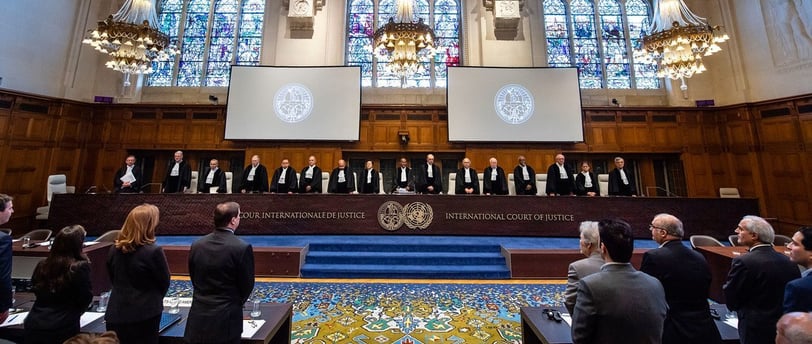The Critical Function and Significant Limitations of the International Court of Justice: An Assertive Evaluation
SOCIAL ISSUES SOCIAL SOLUTIONS SERIES


An article from the United Nations Affairs (2024) highlights the crucial role of the International Court of Justice (ICJ) in shaping international law and relations, emphasizing the value of the ICJ and elaborating on its vital functions and contributions to global justice.
The ICJ asserts that it is the only international court capable of resolving disputes among the 193 UN Member States, with a mission to foster global peace and security without recourse to conflict. However, I must respectfully challenge this narrative regarding the ICJ's significance. I find this claim to be lacking in substance and merit.
Consider the recent oral hearings held in early May 2025, where representatives from 40 nations presented compelling arguments to the ICJ regarding Israel's obligations to allow humanitarian aid into Palestine. As of May 17, 2025, we are still awaiting the judges' ruling on this critical matter. In 2024, the ICJ issued an advisory opinion declaring Israel's occupation unlawful and underscoring the urgent need to end the occupation of Palestinian territories. Yet, despite this clear mandate, the situation remains stagnant and unresolved.
It is vital to recognize that the ICJ's effectiveness is under scrutiny, especially when its previous rulings are not being translated into actionable outcomes. The path to true global justice involves legal opinions and decisive action prioritizing human rights and humanitarian needs.
Reference cited:
United Nations (2024, January 10). What is the International Court of Justice and why does it matter? https://news.un.org/en/story/2024/01/1145392


